News
Solana’s Market Position Holds Strong Despite SEC Rift and Delistings

After a devastating Q4 for the crypto market in 2022 due to the effects of the collapse of exchanges and recovery that started in Q1 2023, Solana saw a decline in its financial performance in Q2 due to its rift with the SEC. In a bid to “start creating a regulatory framework for the industry”, the Securities and Exchange Commission (SEC) labeled SOL and other crypto assets as securities.
As a result, exchanges like Robinhood announced their intentions to remove SOL from their platforms. According to a report compiled by Messari, the SEC complaint and delistings had a downward effect on the value of SOL, causing it to decline by 9.2% compared to the broader market’s 1.3% increase in the same quarter. Despite this setback, Solana finished the quarter as the 10th largest crypto asset with a market capitalization of $7.2 billion.
Solana’s revenue in SOL decreased by 15.0% QoQ. On average, 40% of daily fees were paid by users prioritizing transactions through Q2, reducing the network’s average transaction fee.
Solana is a public, open-source blockchain that aims to deliver scalability and support smart contracts without sacrificing decentralization and security. It accomplishes this through a novel timestamp mechanism called Proof-of-History (PoH).
Using PoH, the network can order and batch transactions before they’re processed through a Proof-of-Stake (PoS) mechanism. Additional design goals include sub-second settlement times, low transaction costs, and support for smart contract languages, including Rust, C, C++, and eventually Move.
More unique fee-payer activity and constant staking value
In the first quarter of 2023, Solana experienced a temporary increase in unique fee-payer activity, mainly driven by the BONK airdrop and NFT collections. However, this surge was short-lived, and by the second quarter, the activity had returned to its foundational levels. The spike in May caused the average Unique Fee Payer metric to rise by 15.9% compared to the previous quarter. On the other hand, average daily non-vote transactions increased by 24.1% during the same period but did not coincide with fee-paying activity.
The increase in non-vote transactions continued into the third quarter of 2023 and was supported by projects like DePIN, Helium, Dialect, and Tensor, which were focused on consumer-related activities.
Staking on Solana was stable from Q1 to Q2, while the average number of validators declined by 21.1% QoQ. In retrospect, the rise in validators in late Q4 2022 through Q1 2023 was caused by undistributed stakes, which attracted more validators who left after the stakes were redistributed.
Apart from this, the decline in the number of validators also began after Solana had a network outage on February 25, 2023. The outage was caused by a failure of the deduplication logic in shred-forwarding services. In Q2, core engineers began working with shred-forwarding service providers to improve the resiliency and compatibility of their designs on the blockchain.
Grant, DeFi, NFTs, and GameFi
In terms of grants and financial support systems on Solana, Messari noted that more than $600 million in seed funding has been raised in the past two years. Recently, the Solana Foundation introduced convertible grants, AI grants, and the global hackathon, Grizzlython, to support projects in the Solana ecosystem.
Solana’s Total Value Locked (TVL) denominated in USD increased by 3.8% QoQ, while SOL-denominated TVL went up by 18.6% from Q1 to Q2 2033, indicating a new capital inflow. NFTs on Solana saw growth after the introduction of state compression, a cost-efficient method for storing data on-chain.
Projects such as Dialect, a messaging application, and Tensor, an NFT marketplace, used the feature, which resulted in the expansion of the Solana NFT sector by enabling users to mint and send NFTs via email, social media, and websites.
Messari added that in early 2023, the Solana Foundation released more details about its gaming software development kit (SDK) for the popular cross-platform gaming engine, Unity. Developed by Magicblock, the Solana SDK provides developers with a framework to facilitate the creation of digital collectibles, transaction signing, account authentication, and wallet management.
Several highly anticipated games are set to benefit from the Solana Foundation’s GameFi growth initiative and the newly introduced gaming SDK. These games include Star Atlas, ev.io, BR1: Infinite, Aurory, and Legends of Elumia.
The Road Ahead
The Solana ecosystem focuses on ongoing network upgrades, advancements in Solana Mobile, and various initiatives to improve performance, reliability, resiliency, and security. Notable developments include Firedancer, Token-22, and Neon EVM. Solana also has plans to integrate AI into its ecosystem with the $10 million AI fund and developments like Solana Labs’ ChatGPT plugin.
Read also; How did Layer 1 blockchains perform in Q2?



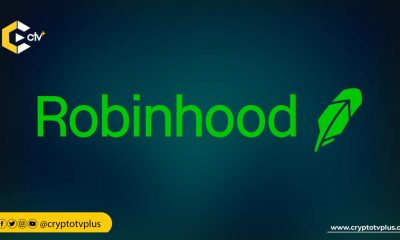

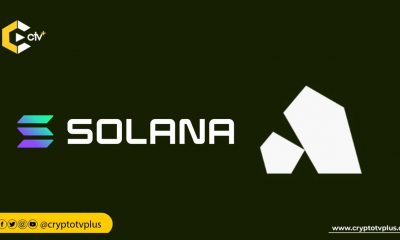

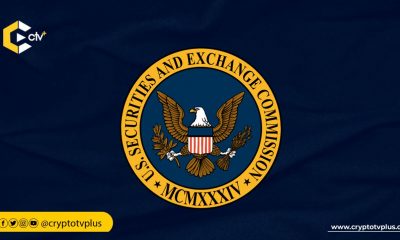

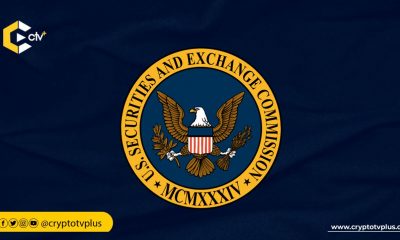

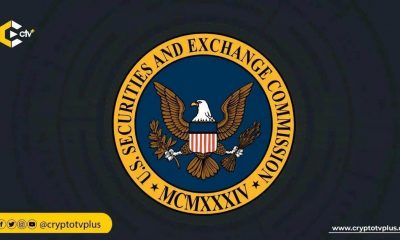

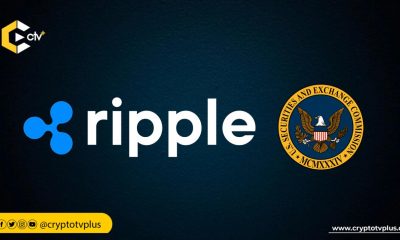











1 Comment